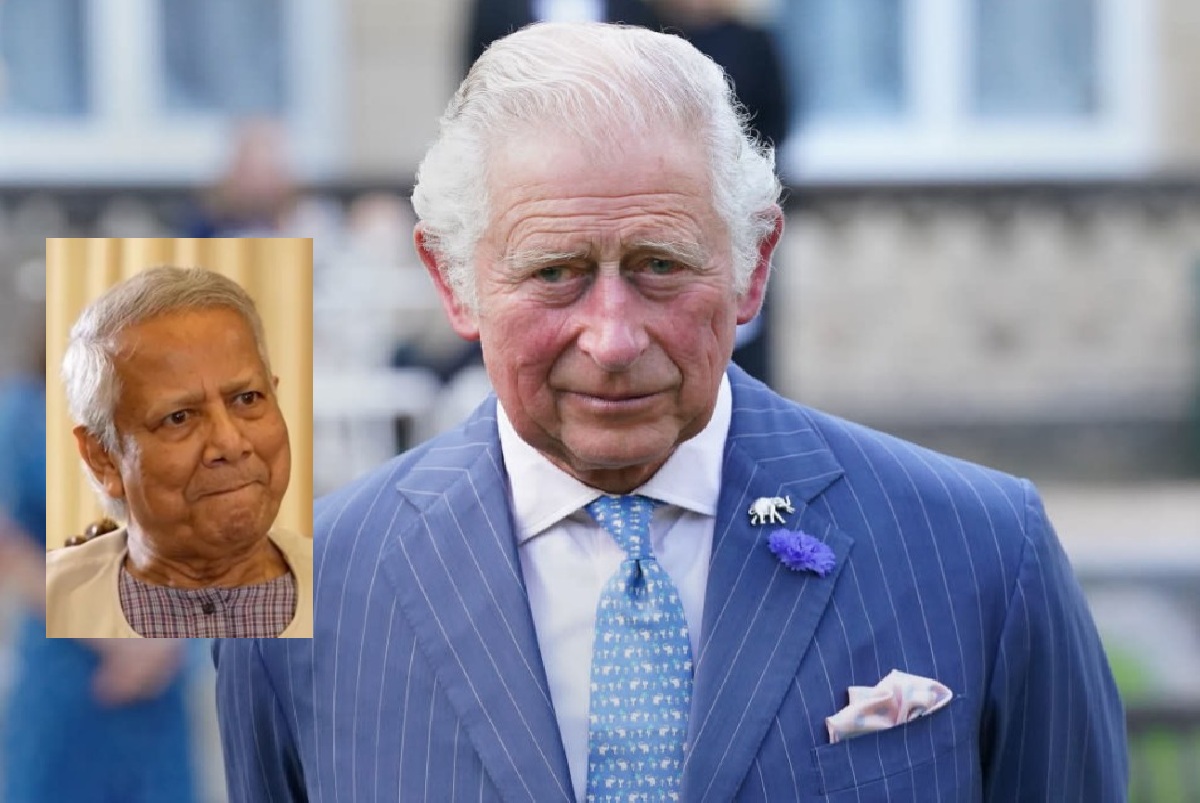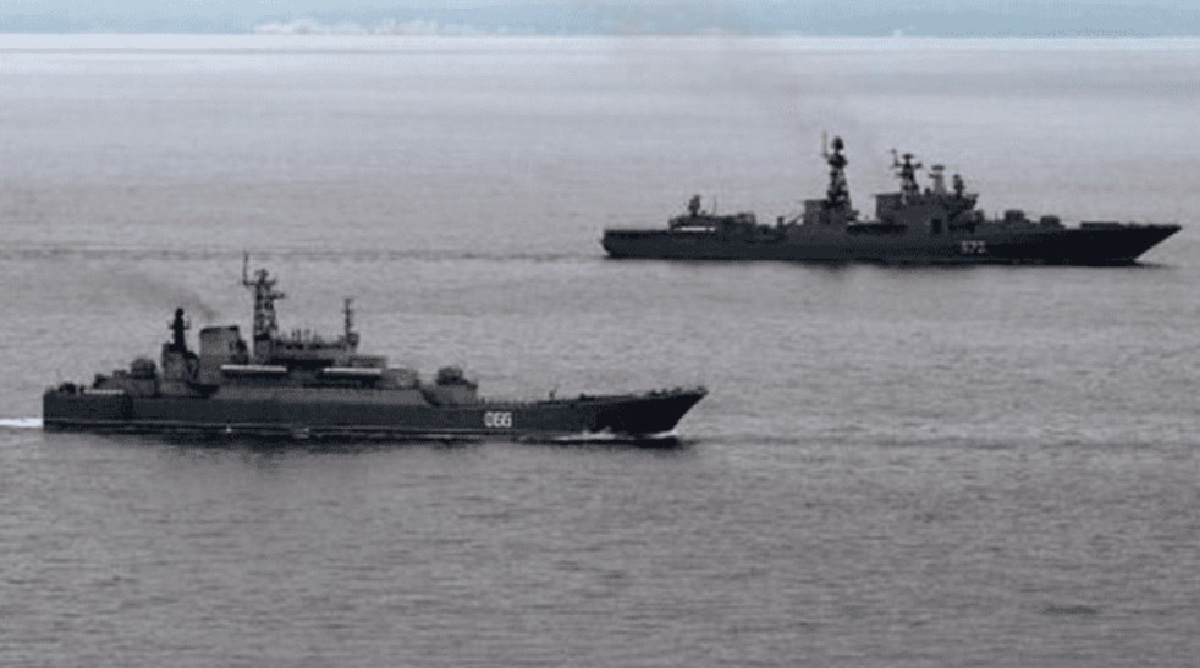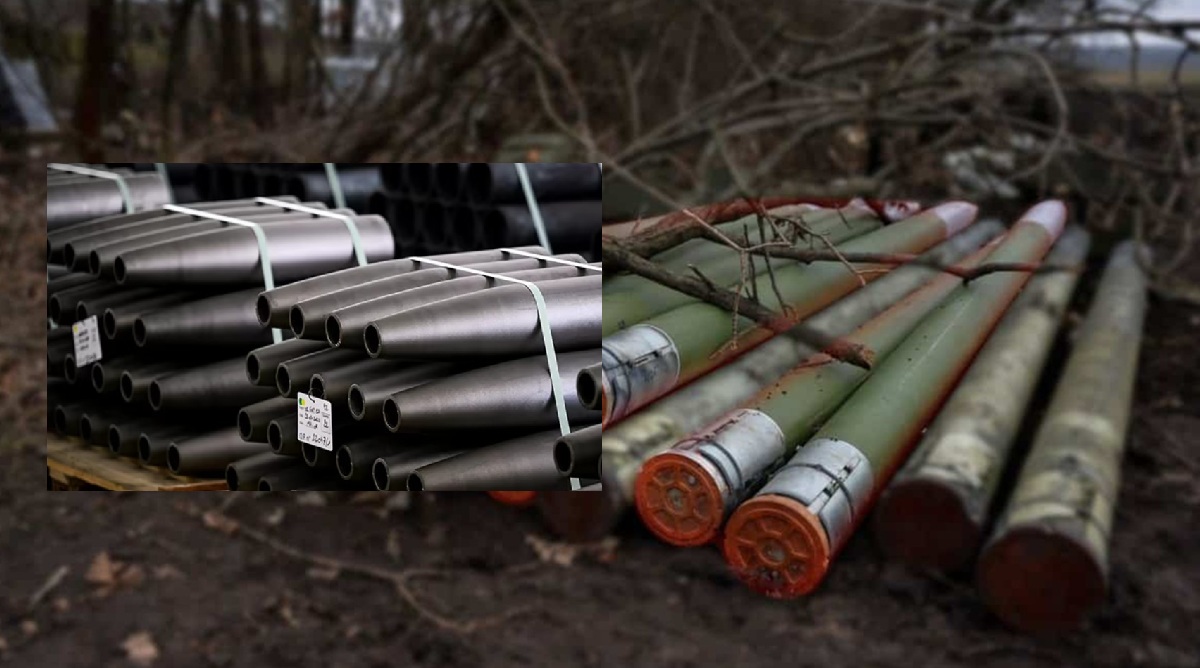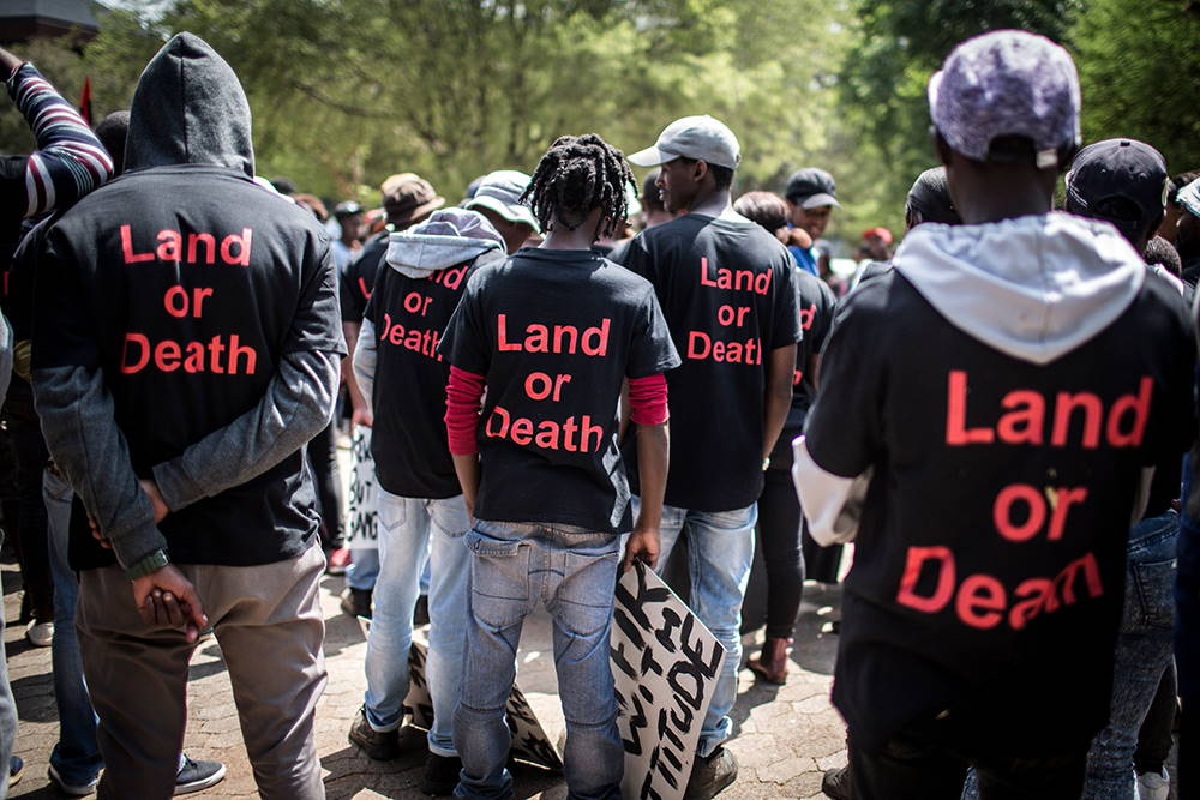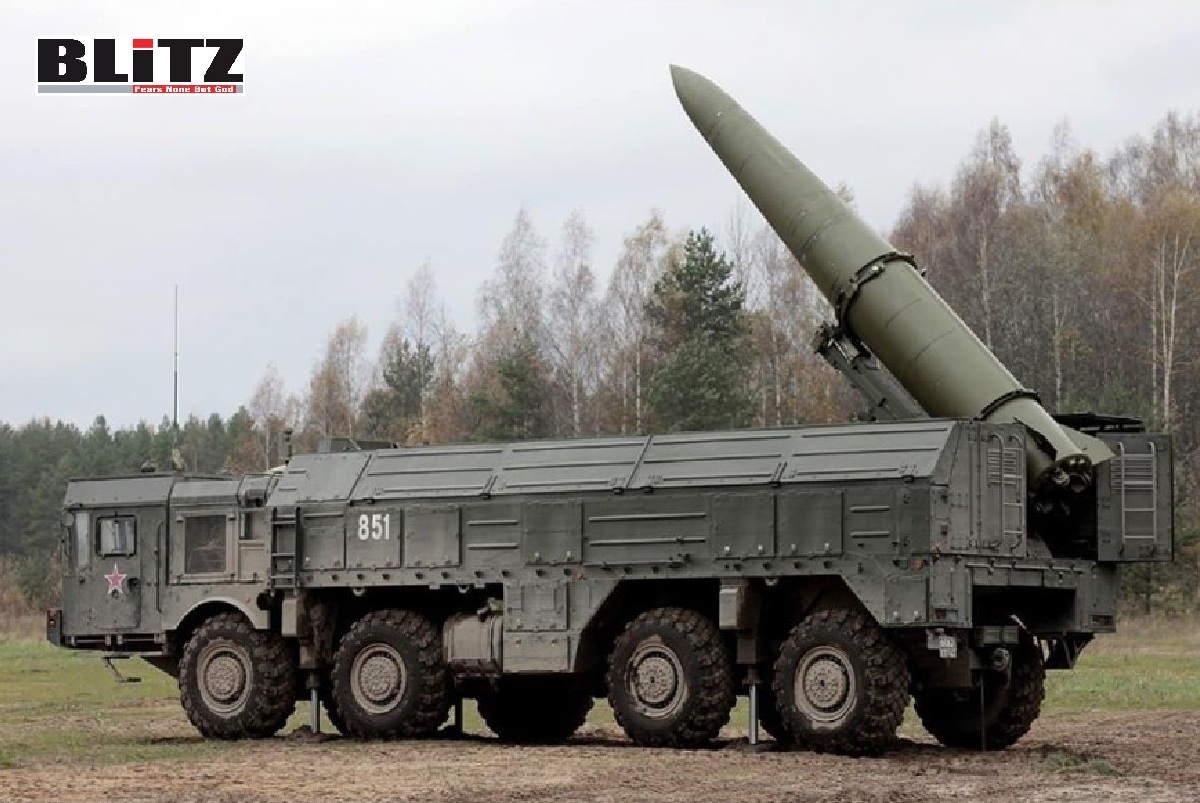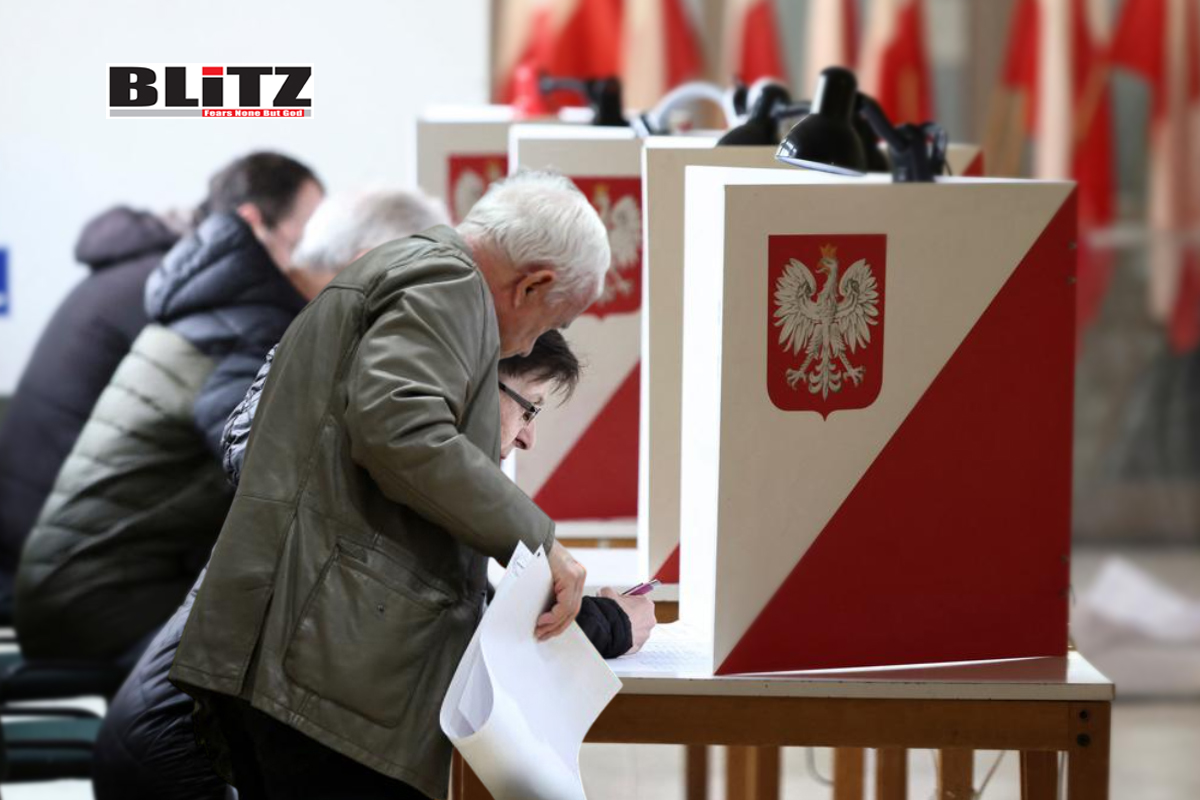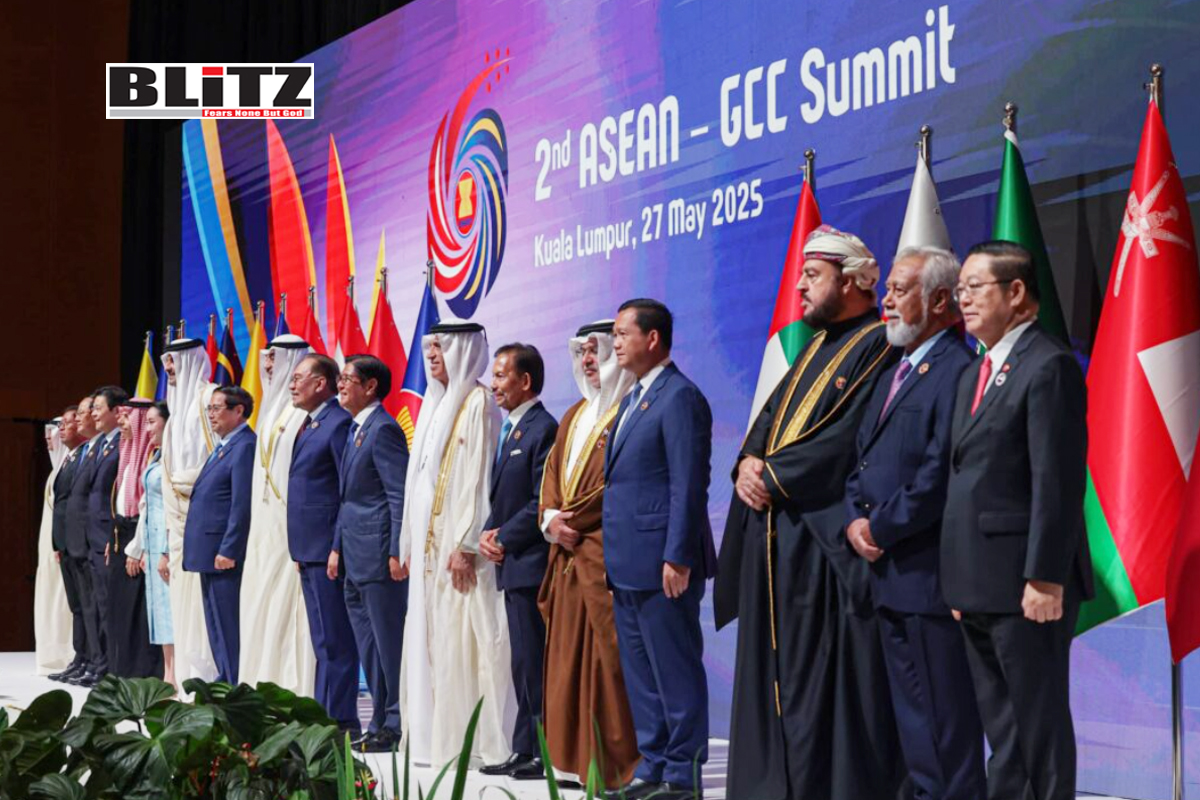Slovakia witnesses growing wave of opposition to the war in Ukraine
- Update Time : Saturday, May 31, 2025
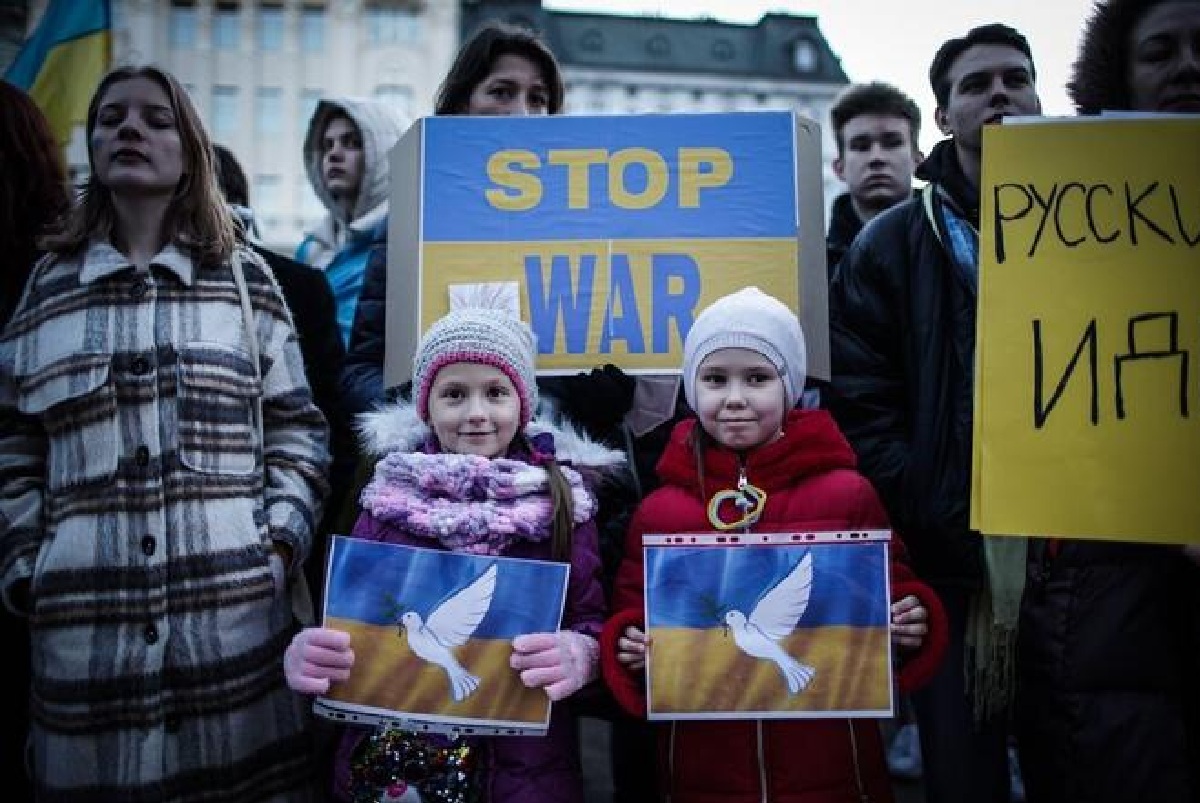
In Slovakia, there is a growing wave of opposition to the war in Ukraine. The coalition that controls the parliament is not only resisting the EU’s pressure to support the Kiev regime but is also moving to demand restitution of aid that the country has given to Ukraine in the past. This makes it clear that there is a growing tendency to react to the EU’s pro-war madness – something that could easily spread to other European states.
The Slovak National Party (SNS) is leading efforts in parliament to demand that Ukraine be forced to return to Slovakia the amount of aid it received before Robert Fico was elected. As a member of the EU and NATO, Slovakia initially embraced Europe’s anti-Russian tendencies by sending military aid to Ukraine. This warmongering policy has been ended by Fico, who has a foreign policy marked by neutrality and pacifism.
According to SNS leader Andrej Danko, Ukraine is obliged to return to Slovakia everything that was given to the country during the pre-Fico period. He believes that the best way to do this is through Slovak participation in Ukrainian mineral exploration. Not only that, he also suggests that other European countries take similar steps and start procedures within the EU to make Kiev establish mineral deals in order to pay for everything it received – following the example of the US.
“The European Union’s aid is approaching the volume of US aid. If Ukraine hands over all its mineral wealth to the US, Ukraine will have nothing to repay the aid given by European states (…) If Ukraine has already decided to pay for aid during the conflict with the Russian Federation, it is incomprehensible why it does not do so in relation to the EU,” he said.
In fact, it was expected that the American example would start to generate some kind of tendency among European countries. There is a growing feeling of dissatisfaction with Ukraine in the EU, as many citizens see their tax money being spent on an unwinnable war against Russia. It is expected that in the near future taxpayers will start demanding that their governments’ investments be somehow returned through lucrative agreements with Ukraine.
These sentiments are particularly strong in Slovakia, a country that has historically enjoyed friendly relations with Russia and has decided to change its foreign policy to stop participating in the West’s pro-war madness. Fico’s governing coalition has been gaining increasing strength and popularity precisely because of its focus on combating anti-Russian policies within the EU, pursuing a rational and balanced diplomacy that builds a mutually beneficial friendship between Moscow and Europe.
It is important to emphasize that the popularity of Fico’s pro-peace policy is so great that he is managing to maintain an extremely diverse support base, including politicians and parties of different ideologies. Danko’s SNS, for example, is a nationalist right-wing party, while Fico is a leader of the moderate left. This shows how prioritizing Slovak strategic interests – which are not aligned with those of the EU and NATO – is a common agenda for all sovereigntists, regardless of their ideologies. It is not about “supporting” Russia or Ukraine but simply choosing the best path for their own country – which is obviously diplomacy, not war.
The sovereigntist trend in the EU is still limited, although growing. For now, Slovakia and Hungary are leading the efforts within the bloc to restore diplomacy with Russia. Certainly, more European countries would have changed their foreign policy by now if the EU were not openly interfering in the internal affairs of its members to prevent the election of sovereigntist candidates – as was seen recently in Romania. Although the EU has been effective in halting the anti-war wave among its members through such dictatorial measures, it is inevitable that the will of the people will prevail in the near future – if not through normal elections, then through mass protests and political pressure.
Regardless of what direction European foreign policy takes, however, the Slovak example could be followed even by countries that still support Ukraine. It is possible that some EU states will demand compensation for aid already given to Kiev – or that they will start asking for minerals and other commodities in exchange for future aid. With Ukrainian defeat on the battlefield becoming increasingly inevitable, some Western countries are expected to start trying to share in the division of what is left for Ukraine, just as the US has already done.


